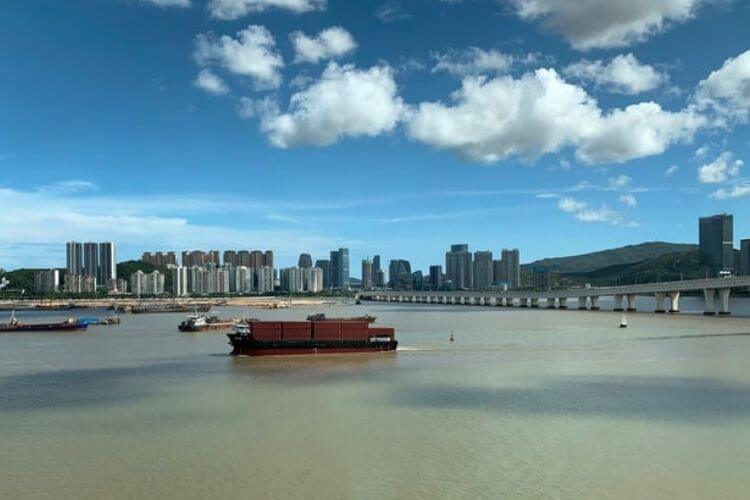
The Export Control Law (出口管制法) was promulgated on 17 Oct. 2020 and will enter into force on 1 Dec. 2020.
There are 49 articles in total, which aim to “safeguard national security and interests and fulfill international obligations such as non-proliferation” (Article 1).
On 23 Dec. 2019, the Standing Committee of the National People’s Congress (NPC), China’s legislature, deliberated the draft of this Law for the first time, and conducted a second deliberation on 28 June 2020, and then formally passed it this October. It only took about 10 months to complete the whole legislation process of this Law, which is relatively short compared with that of other Chinese laws.
Previously, in the late 1990s, China had formulated six export control regulations for chemicals, nuclear products, military products, dual-use nuclear products, missiles, dual-use biological products, and technologies, according to the needs of fulfilling its international obligations such as non-proliferation. However, since such regulations are not laws, their level of authority is not high.
According to Mr. Wang Ruihe (王瑞贺), member of Commission of Legislative Affairs of the NPC Standing Committee, “the Export Control Law is a law formulated according to the changes in the situation, on the basis of summing up the experience of export control and drawing on the international practices. This Law provides a unified regulation standard for the export control work, and will therefore safeguard the future export control work to a greater extent.”
The gist of this Law is as follows:
1. Scope of export control items
The types of export control items include goods, technologies and services. It should be noted that the technical data and the like related to such items also fall within the scope of export control items. (Article 2)
The areas covered by export control items include dual-use items, military products, and nuclear products.
The controlled export can be divided into two categories from the perspective of territory and nationality: (1) transferring controlled items from China to foreign countries; (2) providing controlled items to foreign organizations and individuals by Chinese citizens, legal persons, and unincorporated organizations (i.e., the items will be deemed to be exported even though they may not have crossed the border).
2. Export control list
The State Administration of Export Control (“the regulatory authority”) will issue an export control list of controlled items. The regulatory authority may also impose temporary controls on goods, technologies and services beyond the export control list for a period of no more than two years (Article 9).
To export the items in the “control list” or the temporary controlled items, the exporter shall apply to the regulatory authority (Article 12). The regulatory authority may prohibit the export of relevant controlled items, or prohibit the export of relevant controlled items to specific countries and regions, specific organizations, and individuals (Article 11).
3. Regulatory list
The regulatory authority can include specific importers and end-users in the regulatory list. For importers and end-users listed in the regulatory list, the regulatory authority may take necessary measures such as prohibiting and/or restricting the trading of controlled items, suspending the export of controlled items (Article 18).
4. Intermediary services
No organization or individual is allowed to provide agency, freight, delivery, customs declaration, third-party e-commerce trading platform, and financial services for exporters engaging in illegal export (Article 20).
5. Equivalent measures
If any country or region abuses export control measures to endanger China’s national security and interests, China may, in light of the actual situation, take equivalent measures against that country or region (Article 48).
6. Legal liability
If an exporter exports controlled items prohibited by the state or exports controlled items without permission, he/she will be investigated for criminal responsibility (Article 43).
If any organization or individual outside China violates the provisions of this Law on the administration of export control, thus endangering China’s national security and interests and hindering the fulfillment of international obligations such as non-proliferation, China will take relevant measures and hold them legally liable (Article 44).
Photo by Macau Photo Agency (https://unsplash.com/@macauphotoagency) on Unsplash
Contributors: China Laws Portal Team









